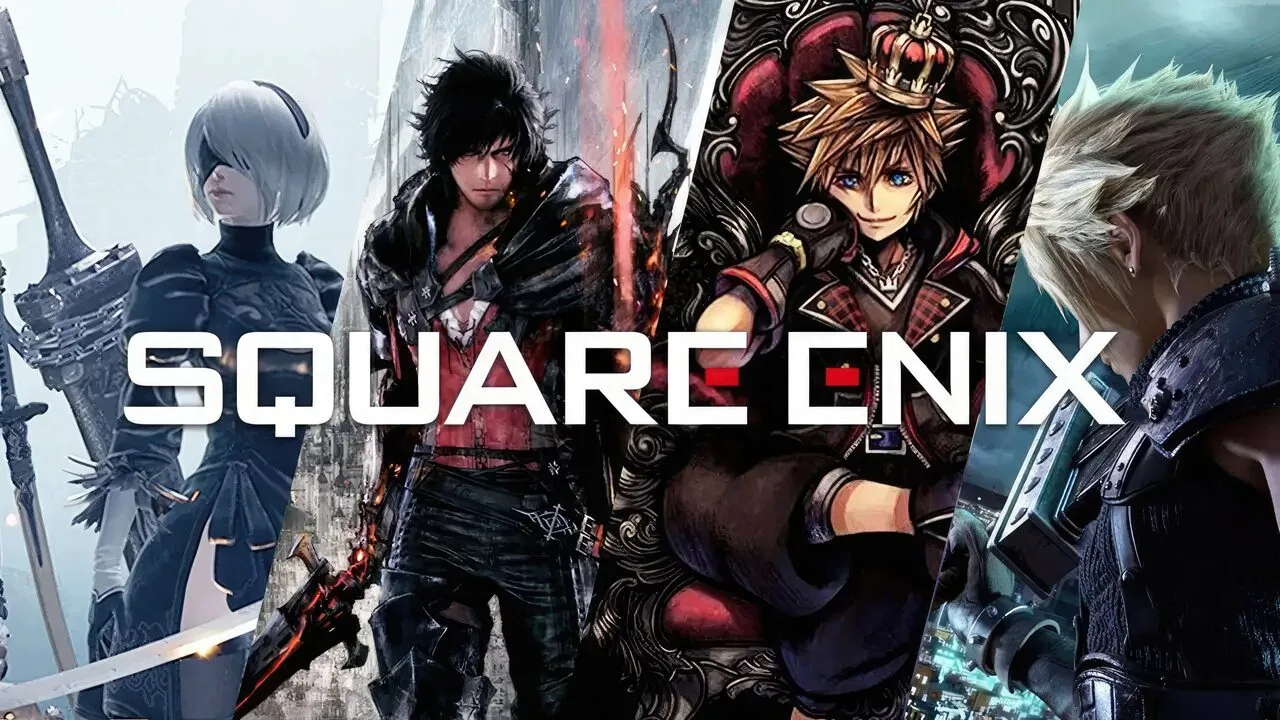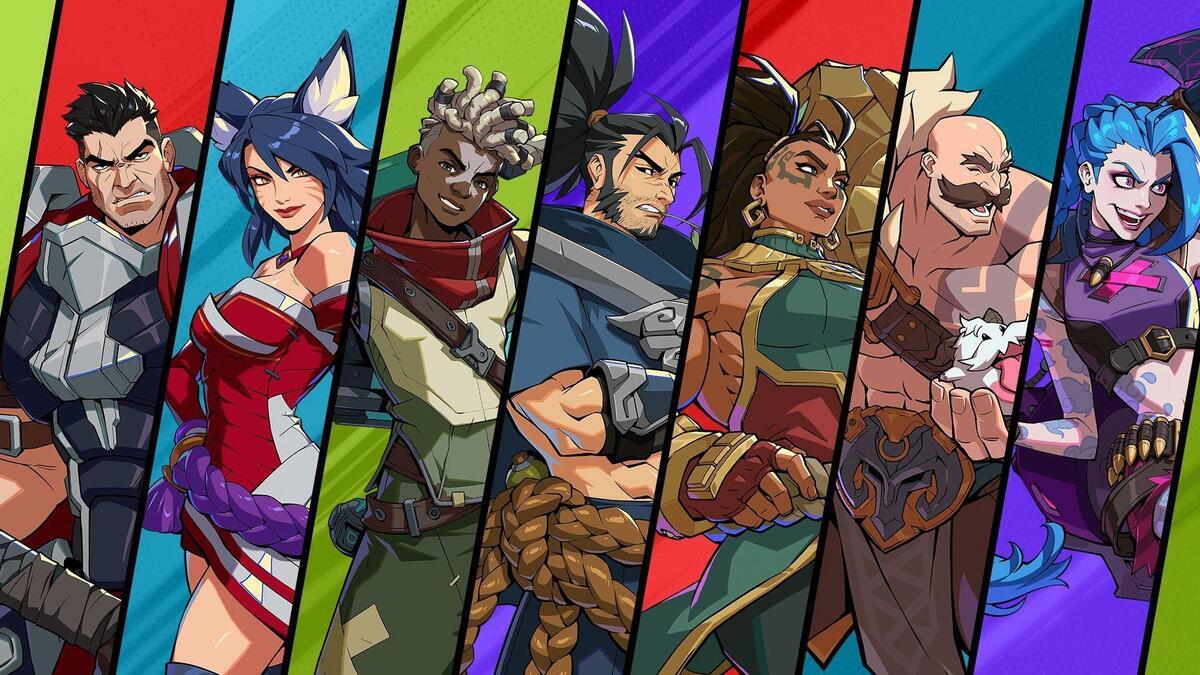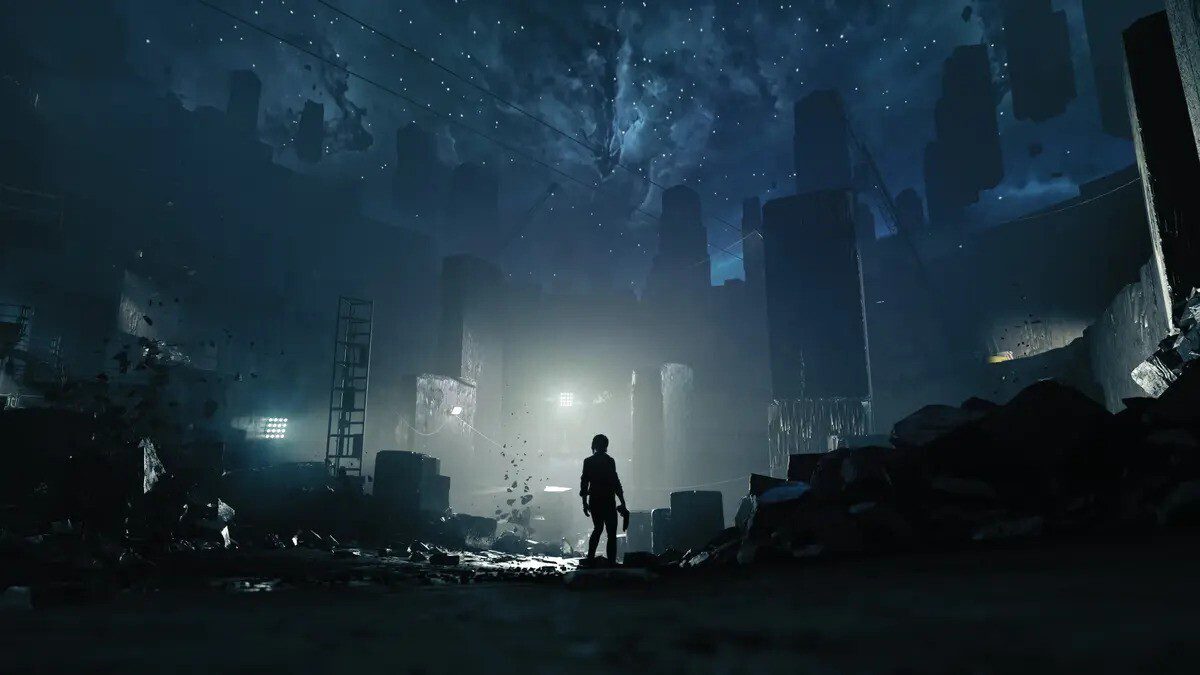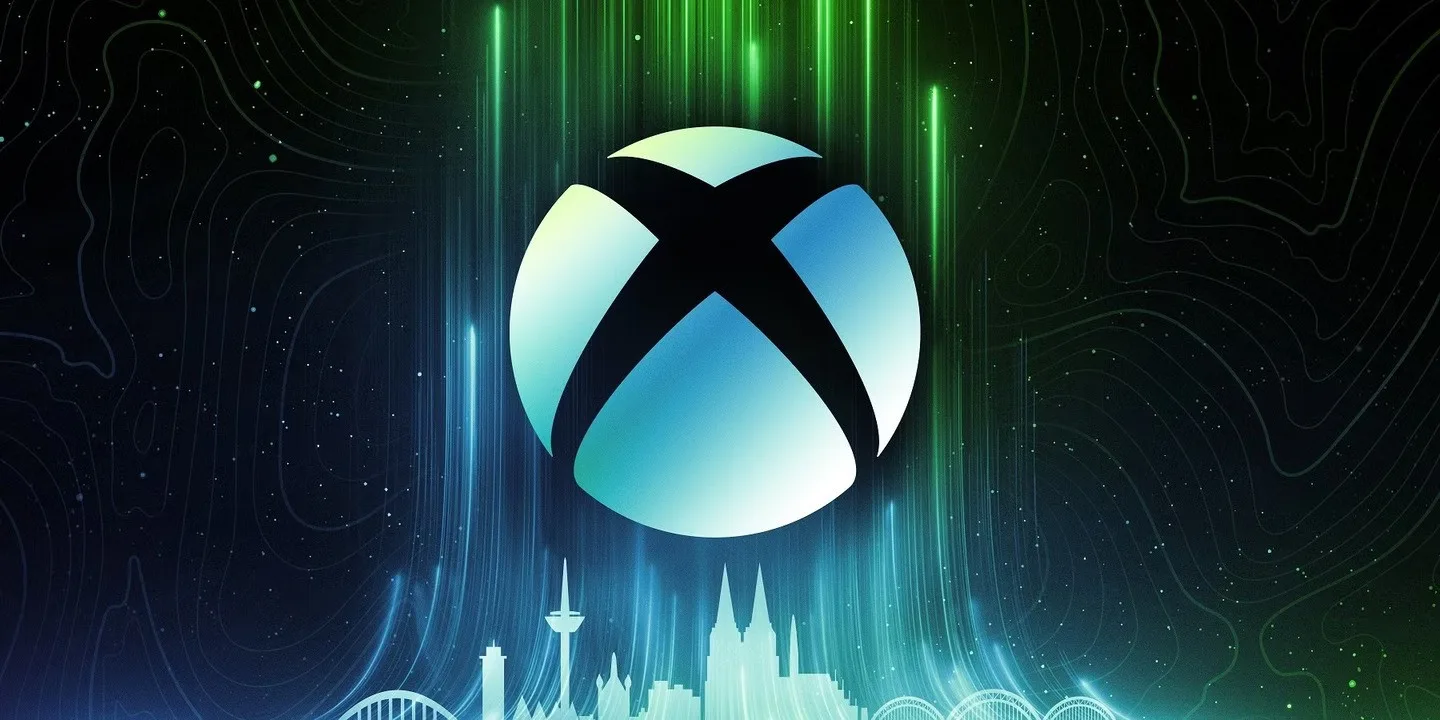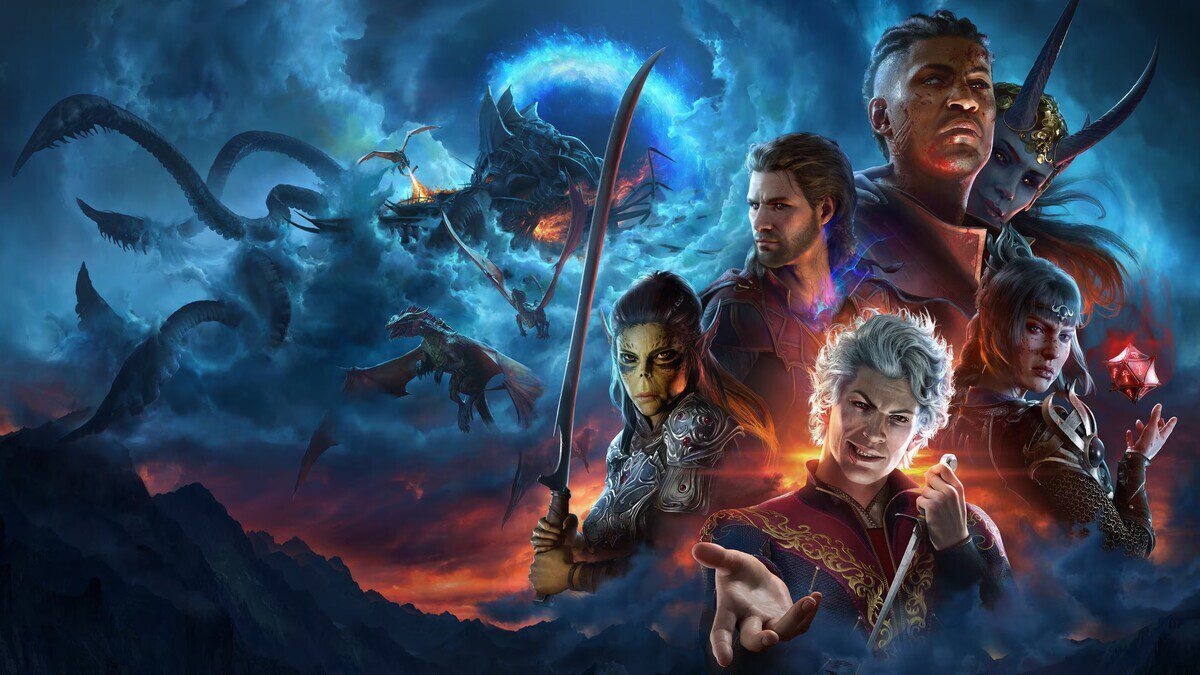Square Enix has officially entered a new chapter—one shaped not by console loyalty, but by survival, reach, and reinvention. The Japanese publisher’s latest earnings report for Q1 FY2026, released August 8, 2025, paints a sobering picture: earnings per share (EPS) dropped to $0.29, missing analyst expectations by a wide margin. Revenue came in at $410.28 million, well below the projected $464.16 million. But behind the numbers lies a deeper story—one that’s reshaping how Square Enix thinks about platform exclusivity, development priorities, and its future in the AAA space.
Square Enix’s earnings miss isn’t just a blip—it’s part of a broader trend. Over the past year, the company has faced:
- Declining profitability in HD games, despite high-profile releases like Final Fantasy XVI and Final Fantasy VII Rebirth.
- Ballooning development costs, especially for cinematic, high-budget titles.
- Underperformance of PlayStation exclusives, which failed to meet internal sales targets.
- Mobile and MMO volatility, with titles like Foamstars and Emberstoria not delivering expected returns.
The result? A strategic pivot that’s as much about survival as it is about growth.
For decades, Square Enix has been synonymous with PlayStation. From Final Fantasy VII’s legendary debut on PS1 to the recent exclusivity of FFXVI and FFVII Rebirth, the publisher leaned heavily into Sony’s ecosystem. But that era is over.
In May 2024, Square Enix announced it would “aggressively pursue a multiplatform strategy”, targeting Nintendo, Xbox, PlayStation, and PC. This wasn’t just a marketing line—it was a response to a -69.7% year-over-year profit drop.
The new business plan, titled “Square Enix Reboots, and Awakens,” outlines a future where:
- Major franchises like Final Fantasy and Dragon Quest will launch across platforms.
- Previously exclusive catalog titles may be ported to new systems.
- Game development will shift from quantity to quality, with several projects already canceled.
- Internal studios will be restructured to foster better collaboration and reduce siloed production.
This marks a seismic shift—not just for Square Enix, but for the industry’s perception of exclusivity.
Why This Matters: The Bigger Picture
Square Enix’s pivot reflects a broader industry reckoning:
- AAA budgets are unsustainable without wide platform reach.
- Live service models and multiplatform launches are now essential for long-term profitability.
- Console exclusivity is increasingly risky, especially when tied to single-platform performance.
Even Sony and Microsoft are rethinking their strategies. Xbox has embraced “play anywhere,” while Sony is expanding its PC portfolio. Square Enix’s move is a recognition that brand loyalty alone can’t pay the bills.
For fans, this shift could mean:
- Final Fantasy VII Rebirth and FFXVI potentially coming to Xbox and Switch 2.
- More simultaneous releases across platforms, reducing wait times and fragmentation.
- A renewed focus on polished, meaningful AAA experiences—rather than a flood of mid-tier titles.
It’s also a win for preservation and accessibility, aligning with the values you champion, Jesús. By breaking free from exclusivity, Square Enix is opening the door for broader cultural impact and historical longevity.
Square Enix’s latest earnings may have disappointed Wall Street, but they’ve catalyzed a transformation that could redefine its legacy. The publisher is no longer tethered to one console—it’s chasing a future where quality, reach, and adaptability reign supreme.
As the industry evolves, Square Enix’s journey will be one to watch. And for creators, critics, and historians alike, it’s a reminder that authenticity and accessibility are no longer optional—they’re the new standard.

